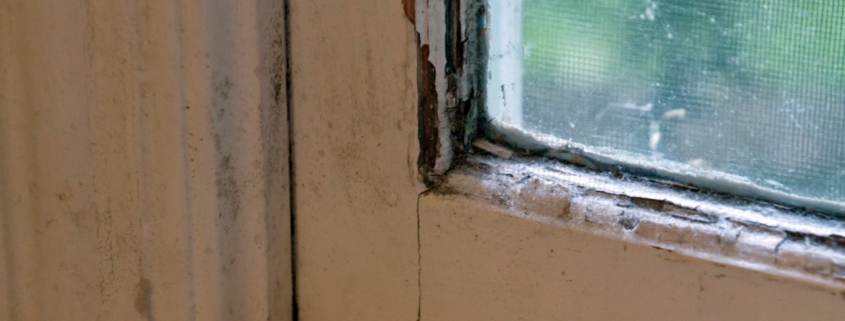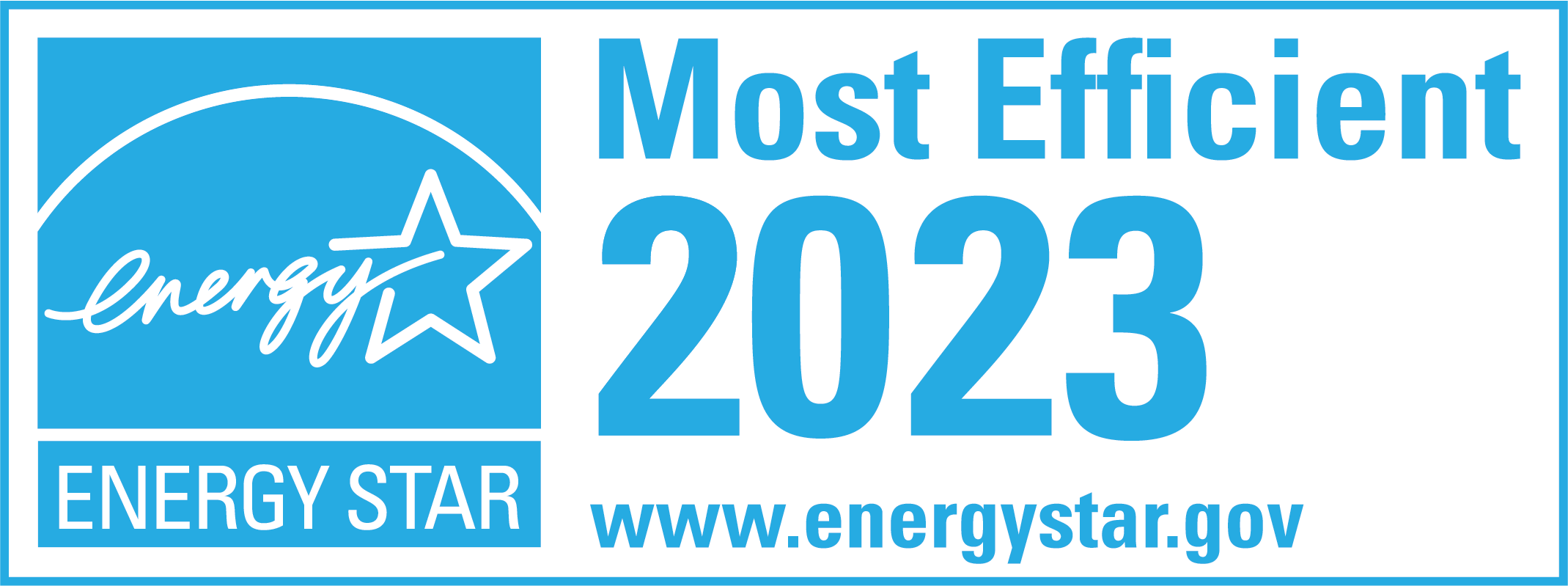What Happens If You Don’t Replace Leaky Windows?
Windows are an essential home component, providing light, ventilation, and a connection to the outside world. However, windows can develop leaks over time, compromising their functionality and causing various problems. This article covers the consequences of neglecting to replace leaky windows. Understanding these issues will highlight the importance of timely window replacement and help homeowners make informed decisions. Let’s dive in!
Understanding the Causes of Leaky Windows
Leaky windows can stem from several factors, including weather conditions, poor installation, and the natural aging process of window seals. Each of these factors plays a significant role in contributing to window leaks.
When understanding the causes of leaky windows, it is important to consider the role of weather conditions. Extreme weather conditions, such as heavy rain, snowstorms, or high winds, can intensify the likelihood of window leaks. The force of heavy rain or the impact of strong winds can lead to water infiltration through cracks or gaps in the window frames. This water infiltration can then result in moisture damage, affecting both the window and the surrounding areas. It is crucial to have windows that are correctly sealed and able to withstand the elements.
In addition to weather conditions, poor installation can also contribute to window leaks. Inaccurate installation or using substandard materials during the initial window installation can create vulnerabilities that eventually result in leaks. Improperly sealed windows may allow water to seep through, causing damage to the interior of the house. It is essential to have windows installed by professionals who understand the importance of proper sealing and use high-quality materials to ensure long-lasting protection against leaks.
Furthermore, the age and deterioration of window seals are other significant factors in window leaks. As windows age, the seals that help keep them watertight can deteriorate. Exposure to sunlight, extreme temperatures, and moisture can cause seals to shrink, crack, or loosen over time. This deterioration compromises the effectiveness of the seals, allowing water to infiltrate and compromise the window’s efficiency. Regular maintenance and inspections are crucial to identify and address any signs of seal deterioration before they lead to leaks.
Understanding the causes of leaky windows is essential for homeowners to take appropriate measures to prevent and address this issue. By considering weather conditions, installation quality, and seal deterioration, homeowners can ensure that their windows remain watertight and protect their homes from potential damage.
The Impact of Leaky Windows on Energy Efficiency
Leaky windows can significantly impact a home’s energy efficiency, causing discomfort and unnecessary financial strain. Understanding these consequences will shed light on the urgency of replacing leaky windows.
When it comes to maintaining a comfortable indoor environment, windows play a crucial role. They allow natural light to enter the house, provide ventilation, and offer a view of the outside world. However, if these windows are not properly sealed, they can become a source of energy loss.
How exactly do leaky windows affect your heating and cooling systems? Let’s dive deeper into the topic.
How Leaky Windows Affect Your Heating
Leaky windows can be a homeowner’s worst nightmare during the cold winter months. The gaps and cracks in the window frames allow cold air to infiltrate the house, forcing heating systems to work harder to maintain a comfortable temperature. As a result, energy consumption increases, and utility bills increase.
Imagine sitting in your living room, trying to relax after a long day, only to feel a chilly draft coming from the window. It makes you uncomfortable and puts a strain on your heating system, which has to compensate for the cold air seeping in.
Furthermore, leaky windows can create temperature imbalances within your home. Some rooms may feel warmer than others, leading to an uneven heat distribution. This can be frustrating and may require you to constantly adjust your thermostat to achieve a consistent temperature throughout the house.
How Leaky Windows Affect Your Cooling
Leaky windows don’t just affect your heating during winter; they also significantly impact your cooling systems during the hot summer months.
When warm air from outside enters your home through gaps in the windows, it is harder for your air conditioning system to cool the space effectively. As a result, your cooling system has to work overtime, consuming more energy and increasing your utility bills.
Imagine trying to escape the scorching heat outside by retreating into your air-conditioned home, only to find the cool air escaping through leaky windows. Not only does this make your home less comfortable, but it also wastes energy and money.
Additionally, leaky windows can allow humidity to enter your home, making it feel even more uncomfortable. Excess humidity can lead to mold growth, affecting indoor air quality and posing health risks to you and your family.
The Financial Implications of Energy Loss
Aside from the adverse effects on comfort, energy loss due to leaky windows can have a substantial financial impact. Households lose around 10% to 25% of their heating and cooling energy through window leaks.
Let’s put this into perspective. Imagine you spend $1,000 on heating and cooling annually. If your windows are leaky, you could lose anywhere from $100 to $250 yearly due to energy inefficiency. Over time, this can add up to a significant amount of money.
By replacing leaky windows with energy-efficient ones, homeowners can significantly reduce their energy bills and save money in the long run. Energy-efficient windows are designed to minimize heat transfer, keeping your home comfortable while reducing energy consumption. Investing in these windows benefits your wallet and contributes to a more sustainable future.
So, if you’ve been putting off replacing your leaky windows, it’s time to take action. Not only will you improve your home’s energy efficiency and comfort, but you’ll also save money and reduce your environmental footprint.
Health Risks Associated with Leaky Windows
Leaky windows compromise energy efficiency and pose health risks to house occupants. This section explores two significant health concerns associated with window leaks: mold, mildew, and allergies and respiratory issues.
Mold and Mildew Problems
Excessive moisture entering leaky windows can create a breeding ground for mold and mildew. Mold growth damages the house’s structural integrity and releases spores into the air, contributing to poor indoor air quality. Prolonged exposure to mold spores can result in respiratory problems, allergic reactions, and even more severe health issues.
Allergies and Respiratory Issues
Leaky windows allow outdoor allergens, pollutants, and contaminants to enter the home. These particles can trigger allergies and aggravate respiratory conditions such as asthma. Maintaining a healthy indoor environment requires addressing window leaks to prevent the infiltration of allergens and pollutants.
Structural Damage Caused by Leaky Windows
Aside from energy efficiency and health concerns, leaky windows can also cause structural damage to your home. Understanding these risks will emphasize the necessity of replacing leaky windows to ensure the integrity of your house.
Water Damage to Walls and Floors
Water that enters through leaky windows can penetrate the surrounding walls and floors, leading to water damage. Over time, this moisture can degrade wall materials, weaken structural elements, and promote mold and rot growth. Repairing this damage can be costly and time-consuming, making window replacement a more reasonable investment.
The Threat to Structural Integrity
If left unaddressed, window leaks can compromise the structural integrity of your home. Persistent water infiltration can gradually weaken the foundation, framing, and other critical components, jeopardizing the structure’s overall stability. To protect your home’s long-term durability, replacing leaky windows is crucial.
The Noise Pollution Factor
In addition to the various practical concerns discussed above, leaky windows can significantly contribute to noise pollution inside your home.
How Damaged Windows Amplify Outside Noise
Gaps and cracks in windows allow sound waves from outside to penetrate your living spaces, increasing noise levels inside the house. This can be particularly troublesome if you live near busy streets, construction sites, or other sources of loud noise. Replacing leaky windows with double- or triple-pane windows can help reduce noise transmission, creating a more peaceful indoor environment.
In conclusion, neglecting to replace leaky windows can have far-reaching consequences. The implications of window leaks are significant, from energy loss and increased utility bills to potential health risks and structural damage. Homeowners must recognize these risks and take proactive measures to address them. By replacing leaky windows with energy-efficient, properly installed windows, homeowners can improve their quality of life, protect their investment, and create a safer and more comfortable home environment.
Window Depot USA of Tyler, TX, combines premium grade replacement window products with factory-direct pricing, a Transferable Lifetime Limited Warranty, and professional, courteous installation to offer the very best value in the industry today! Call us at (903) 752-0449 for a free, no-obligation quote, and find out firsthand what sets Window Depot of Tyler, TX, apart from the rest of the crowd. We’d be honored by the opportunity to earn your business!
Our service area includes the following towns: Tyler, Whitehouse, Bullard, Lindale, Chandler, Canton, Mineola, Longview, Kilgore, Henderson, Gilmer, Gladewater, Marshall, Hallsville, and Palestine.









